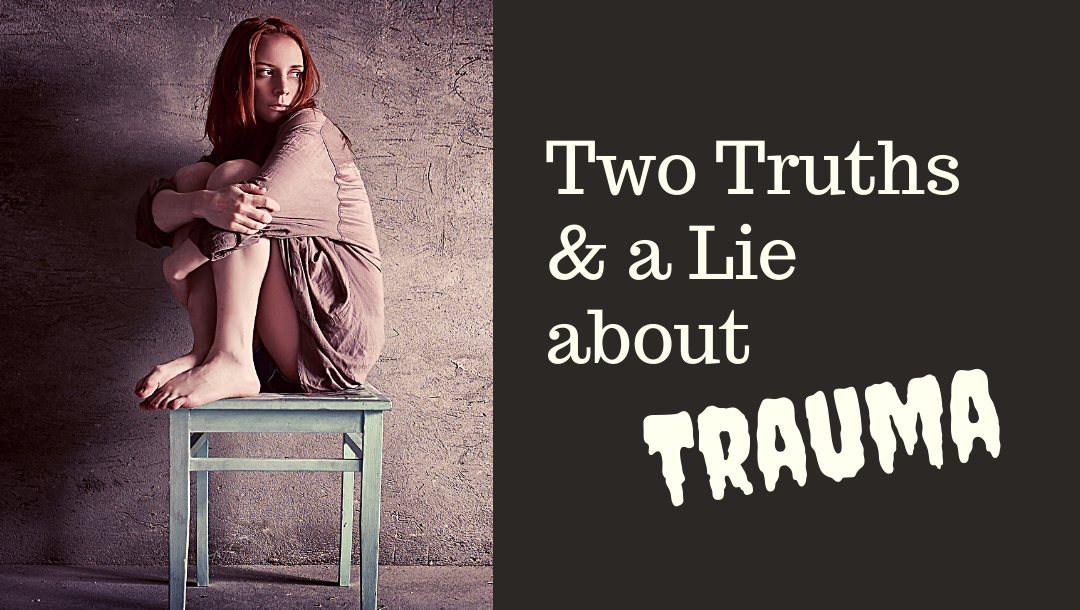Two Truths and a Lie about Insomnia
/It’s past 2 am and you are wide awake even though you are exhausted. You’ve tossed and turned for hours. Regardless of what time you fall asleep, that alarm will go off at 6:30. As you lie awake you imagine yourself trudging through tomorrow, trying to stay on top of things at work, drinking coffee to get you through the day. You contemplate taking a sleeping pill, but you know from experience that makes you feel groggy and out of it the next day. “I can’t keep going like this” you remind yourself. Your blood pressure has increased. You don’t have the energy to go to the gym or have a social life. Insomnia is taking over your life.
If you suffer from insomnia, you are not alone. Studies have indicated somewhere between 30 and 40 percent of adults in the United States report some degree of insomnia in a given year. Insomnia severe enough to impair daytime functioning affects approximately 10 percent of the adult population. Let’s dig into one tragic misconception and two major truths about insomnia.
Perhaps the biggest misconception about insomnia is that the only way to treat it is with medication. Not only is this not the case, but medication is not the preferred first line treatment for insomnia. The American College of Physicians, an organization of nearly 150,000 doctors nationwide, recommends Cognitive Behavioral Therapy for Insomnia (CBT-I), a psychotherapy approach. As pointed out by American College of Physicians President Wayne J. Riley, “Sleep medications can be associated with serious adverse effects.”* CBT-I is a safe and effective, drug free approach to improving sleep. Medications are only FDA approved for short term use, yet many people are prescribed medications or take over-the-counter sleep aids for months or years. Others self-medicate with alcohol or cannabis. CBT-I offers a long term solution to chronic insomnia, rather than the short term solution offered by medications.
The importance of sleep to healthy living is not to be understated. This is truth number one about insomnia Those with insomnia report decreases in quality of life in all areas, including physical, social and psychological aspects**. Physical effects are wide ranging and may include increased appetite, heart problems and chronic pain as well as decreased energy and vitality. One study found early signs of diabetes after just 6 days of sleep deprivation. Social effects include limiting social interactions due to fatigue as well as relationship issues due to the “short fuse” that results from chronic sleep deprivation. Psychological ramifications range from difficulty regulating emotions to full blown mental health issues such as anxiety and depression and even suicidality. With such wide ranging potential consequences, it is easy to see why insomnia is much more than an inconvenience.
The second truth about insomnia, is that it is not something that just happens. There are known factors that contribute to insomnia and therefore ways to counteract those issues and improve sleep. A variety of life events can cause short term insomnia including pregnancy and having a newborn, job stress, travel, financial concerns, death or illness of a loved one and more. For some people, behaviors and beliefs may cause short term insomnia to develop into a long term problem. CBT-I addresses the beliefs (cognitive) and the behaviors that fuel insomnia. With just 6 weeks of CBT-I treatment, most people experience a significant improvement in their steep. Plus, the skills you learn will be with you for the rest of your life. The next time something happens to temporarily disrupt your sleep, you will know how to get your sleep habits back on track. It’s an investment in your overall health for the long haul.
If your nighttime insomnia is creating daytime difficulties for you, give me a call. I am trained in Cognitive Behavioral Therapy for Insomnia (CBT-I) as well as Cognitive Behavioral Therapy for Insomnia and Nightmares (CBT-I&N). I would be happy to schedule a free initial consultation so we can discuss your situation and help you have sweet dreams again.
References
*https://www.acponline.org/acp-newsroom/acp-recommends-cognitive-behavioral-therapy-as-initial-treatment-for-chronic-insomnia#:~:text=Philadelphia%2C%20May%203%2C%202016%20%2D%2D,in%20Annals%20of%20Internal%20Medicine.
**https://www.ncbi.nlm.nih.gov/pmc/articles/PMC1978319/













Trauma is not something wrong with you. It is something wrong with what happened to you. Click the image above to learn more about how I can help you overcome trauma.